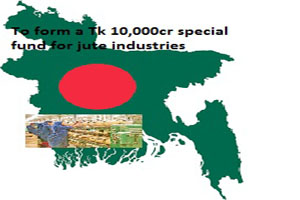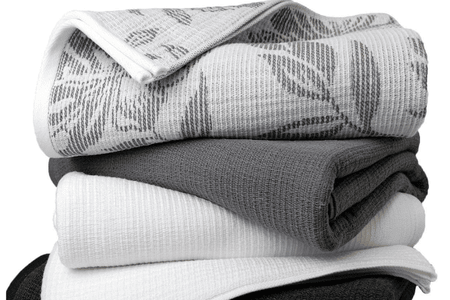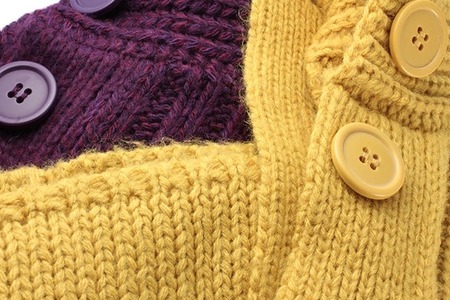
Bangladesh govt likely to form a Tk 10,000cr special fund for jute industries
YarnsandFibers News Bureau 2017-06-15 16:00:00 – DhakaThe Bangladesh government is aiming to expand jute industries and regain its past glory for which they are mulling over forming a Tk 10,000 crore special fund, similar to Export Development Fund, said Textiles and Jute Minister Emaz Uddin Pramanik yesterday.
It is also using Tk 6,000 crore provided by China for balancing, modernisation, rehabilitation and expansion of 26 jute mills in phases.
Coming to office in 2009, the Awami League government overturned decisions of its predecessors to reopen five jute and three textile mills, he said.
This created 6,093 and 450 jobs in the respective mills, he said, adding that reopening the jute mills took some Tk 105.29 crore.
Daulatpur Jute Mills was closed in 2002 and Peoples Jute Mills (now Khalishpur Jute Mills), Qaumi Jute Mills (now Jatiya Jute Mills), Karnafuli Jute Mills and Forat Karnafuli Carpet Factory were all shut down in 2007, he said.
The Peoples and Qaumi jute mills were reopened in 2011 while the rest in 2013, said Pramanik.
The textile factories are Darwani Textiles Mills, Rangamati Textile Mills and Magura Textile Mills.
That the government is putting emphasis in the sector is evident from the establishment of Jute Commission and enforcement of Mandatory Jute Packaging Act 2010, he said.
Bangladesh’s jute goods exports to India from the usual Tk 275 crore to Tk 300 crore had decline to Tk 50 crore this year due to antidumping duties imposed on jute products from Bangladesh.by neighbouring country.
Market Intelligence
Ask for free sample Report

experience
Customer Base
dedicated team
Countries Served Worldwide









